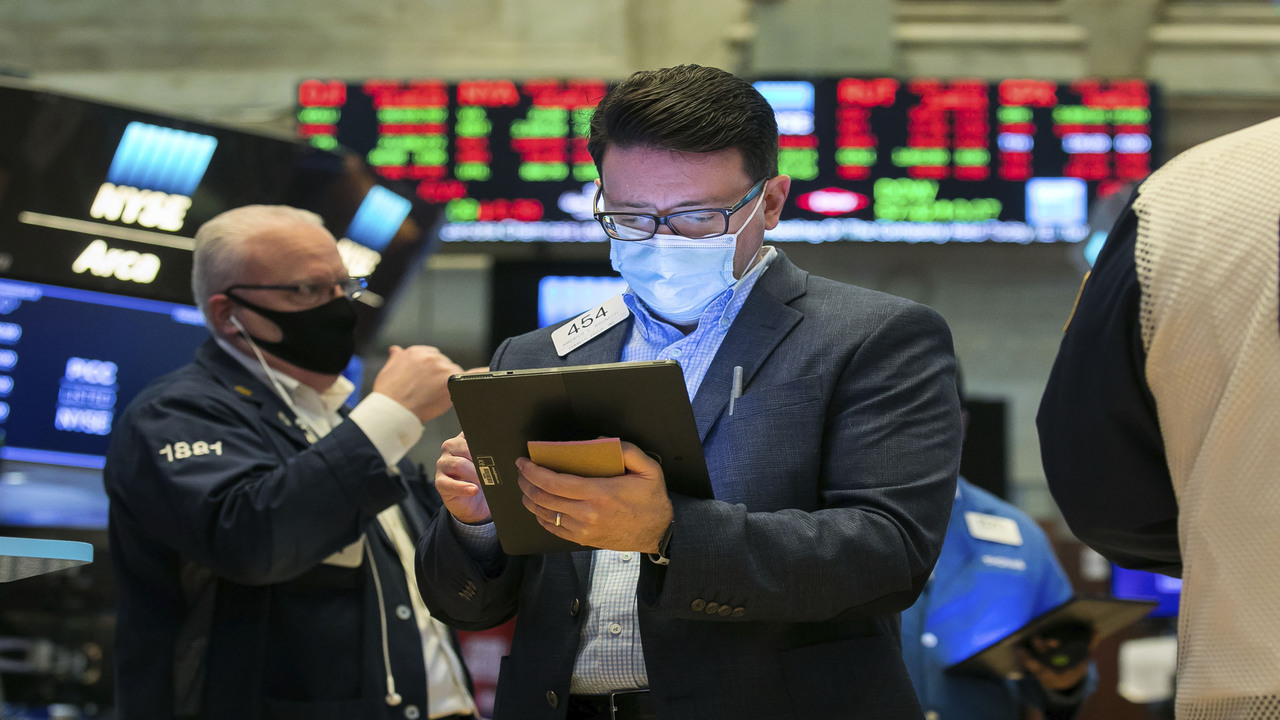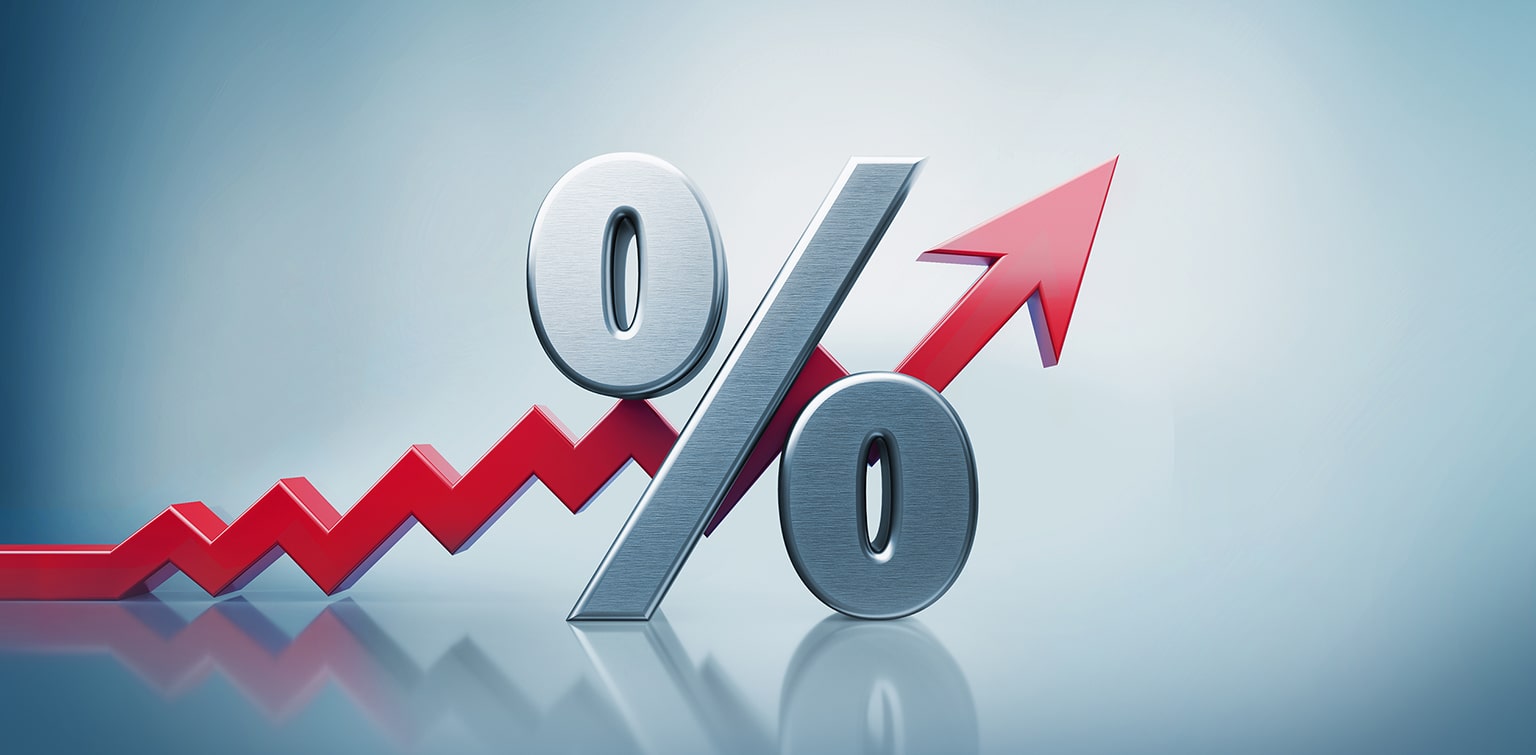
January Sales Surge: Retail Rebound Amid Ongoing Inflation Concerns
January witnessed a remarkable resurgence in retail sales, with data indicating a 3.4% increase as consumers rushed to take advantage of post-holiday discounts and replenish their pantry supplies. This rebound comes on the heels of a record sales decline in December, marking a significant recovery that has caught the attention of both economists and industry leaders.
 Shoppers flocking to supermarkets for bargains.
Shoppers flocking to supermarkets for bargains.
According to the Office for National Statistics (ONS), food sales at supermarkets presented a notable uptick, as families sought to stock up on essentials following the festive season. Department stores also enjoyed a positive impact from January sales initiatives, proving that consumers are still motivated to shop smartly. Yet, challenges persist, as inflation continues to hover around 4%, surpassing the Bank of England’s targeted rate of 2%. This persistent inflation is a weight on consumers’ wallets, leading to a situation where shoppers are paying more for less.
The ONS reported that while the volume of goods purchased increased by 3.4%, the total value of these purchases surged by 3.9%. “Sales increased across nearly all retail sectors during January, with supermarkets experiencing particularly strong momentum,” remarked Heather Bovill, deputy director for surveys and economic indicators at the ONS. Furthermore, the sale of household goods and activities at sports shops benefited from the January sales, indicating a broader recovery across the retail landscape.
December’s Decline and the Impact on GDP
The dramatic drop in sales during December had deeper ramifications; it contributed to a downturn in the UK’s gross domestic product (GDP). As inflation weighed heavily on consumer confidence, many consumers opted to spend less during the crucial holiday season. In fact, a survey revealed that 46% of nearly 2,400 participants planned to curtail their Christmas expenditures due to rising living costs, leading to a sleeping economy over the festive period.
 Inflation continues to challenge the UK economy.
Inflation continues to challenge the UK economy.
In recent analysis, it was confirmed that the UK economy slipped into recession towards the end of last year. The dual pressures of high inflation and rising interest rates have left many economists divided on what this rebound in January truly signifies. Some see it as a hopeful indication that UK retailers are regaining strength, while others remain cautious about prolonged recovery. “The significant rebound in sales suggests that the darkest days for the retail sector may be behind us,” explained Joe Maher, an assistant economist at Capital Economics. He further noted that the improvement in sales paired with expectations of lowering inflation and rising wages could well serve as a foundation for recovery in the latter half of 2024.
Interest Rates and Future Prospects
The Bank of England’s aggressive interest rate hikes, which reached 5.25% in August, were implemented as part of efforts to temper inflation. These measures encourage a culture of saving, as high borrowing costs deter spending. However, with lending becoming increasingly expensive and budgets tightening, consumers remain wary, especially regarding discretionary and big-ticket items.
While financial markets anticipate rate cuts this year, it remains uncertain when they might occur. Following January’s promising numbers, some speculate the Bank of England could lower rates as early as spring, which could alleviate some financial pressure on households already navigating high living costs.
 High interest rates have a cascading effect on consumer behavior.
High interest rates have a cascading effect on consumer behavior.
Chancellor Jeremy Hunt has positioned himself optimistically about the economy’s potential for recovery, stating it was “turning a corner.” Yet, as the Bank continues its cautious stance regarding potential reductions, Governor Andrew Bailey emphasized the necessity for more evidence that inflation can stabilize back down to their target before considering cuts.
Consumer Sentiment and Future Spending Trends
The sentiment among consumers is mixed; many feel the fiscal strain of consistent inflation and increasing living costs, which has resulted in uncertain spending habits. Lisa Hooker, leader of consumer markets at PwC, advised that caution remains paramount for consumers, particularly in sectors that entail larger financial commitments. Until the economy exhibits sustained growth and stability, a complete recovery may not materialize until late 2024.
Nonetheless, innovative strategies for budget management abound. For those looking to optimize their grocery spend, these five hacks could prove invaluable:
- Inventory Check: Take stock of what’s in your pantry before heading to the store.
- Reduced Section First: Check the reduced prices on perishable items that can be consumed quickly.
- Buy Near Expiry: Purchasing items close to their expiration date can lead to substantial savings, especially if freezing is an option.
- Set a Budget: Allocate a specific amount for groceries each week to avoid overspending.
- Shop Seasonal: Purchase fruits and vegetables that are in season for the best prices and freshness.
Read more tips here.
Conclusion: A Cautiously Optimistic Outlook
In conclusion, while the rebound in sales displays signs of resilience in the UK retail landscape, the overarching concerns around inflation and consumer commitment to spending remain critical for the months ahead. All eyes will be on the government and financial institutions as they navigate this complex economic situation.
 Economic indicators suggest cautious optimism.
Economic indicators suggest cautious optimism.
As businesses continue to adapt to changing consumer expectations and financial pressures, the ability to stay agile and responsive will be key in determining whether the recovery seen in January can translate into long-term sustainability. While the retail sector may have turned a page, it will take collective effort and strategic foresight from both businesses and policymakers to secure a robust economic future.















